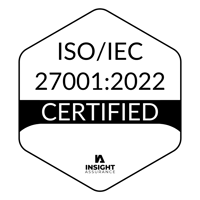The information and materials herein are provided for general information purposes only and are not intended to constitute legal or other advice or opinions on any specific matters and are not intended to replace the advice of a qualified attorney, plan provider or other professional advisor. This information has been taken from sources believed to be reliable, but there is no guarantee as to its accuracy. This communication does not constitute a legal opinion and should not be relied upon for any purpose other than its intended educational purpose.
- Outcomes
-
Resources
-
SupportOur support team is ready to help, whether you’re an employer, member, or broker.
-
Case StudiesSeeing our solution in action.
-
BlogInsights and updates to help navigate the health insurance landscape.
-
PodcastsA collection of conversations built to inspire.
-
Webinar & GuidesInsights and resources to help your organization thrive.
-
- About Us
- Account login
- Contact Us
.png?width=1501&name=Nonstop_Logo-22-Horizontal%20(2).png)


